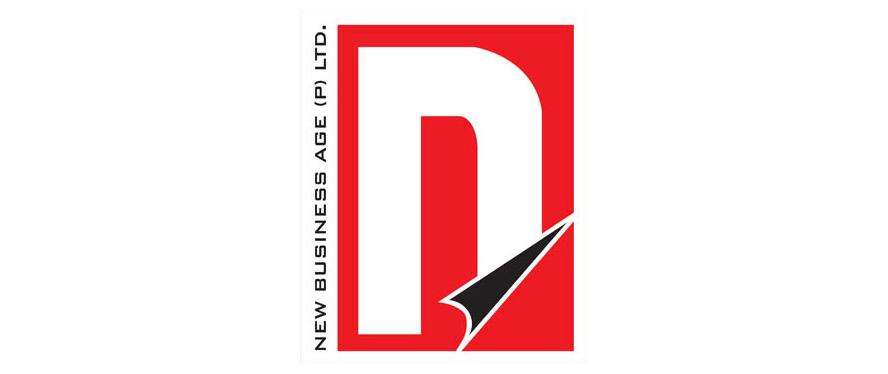Ullens School is the only school in Nepal that has been providing the International Baccalaureate (IB) programme. The school started IB diploma in 2009. IB is an international degree and it’s headquarter is in Switzerland. Dinesh Lal Shrestha, IB coordinator of Ullens School recently talked to The Corporate’s Rashika Pokharel about this programme and its prospects. Excerpts:
Please tell us about the IB programme.
IB has four programmes-primary level, middle level, diploma level and career related certificate. Ullens School offers the IB programme for diploma level here in Nepal. The IB programme is basically a progressive education system. It does have an examination at the end of the programme as the course does not focus much on the examination. It is a process of learning to prepare students for the college. It makes students capable of doing research, independent studies. So, with the diploma programme, students are taught and provided skills that make them independent learner.
Since A-level and IB both offer international curriculum, what makes IB different from A-levels?
A-level is more exams oriented. At the end of the programme, there is exam which determines your achievement of the 2 years. However, with IB, over the two years, there are various assessments which make up to 40 to 50 per cent of the final grade. It is the learning process IB emphasizes on. Similarly, in A-levels, one has to take 4 or 5 subjects whereas in IB, the students have to compulsorily take 6 subjects.
Tell us about the IB curriculum
The course is designed in such a way that a student has to take 6 subjects, one from each group. Group one is the best language or the first language. At Ullens, we offer Nepali literature, English literature and English language and literature. The second group is the second best language or it could be a new language. We offer English, Spanish and French under this group. The third group is the social sciences or humanities group. We offer social and cultural anthropology, economics, business management and environmental systems. The fourth group is the regular sciences-physics, chemistry, biology and environment. The fifth group is the math group. There are different levels of maths. If you want to be an engineer, one needs to take higher level maths. If you just want to study Economics or business, he needs to take standard level maths and there is math studies which is for weaker students in maths. Finally, the sixth group is of arts. We offer theatre under it. The sixth group is optional. One can either take the sixth group or one more subject from the 5 other groups.
Besides these six subjects, IB diploma students have to complete the core part. In the core, we have three subjects. The first one is the extended essay. It is basically a research paper, a mini thesis. The second one is the theory of knowledge. This is basically a subject where one is challenged to ask critical questions. The third one is the non-academic part of the core and is called creativity, action and service.
What are the chances of an IB student to go to US for higher studies?
Records show that universities give priority to IB diploma holders because they know that IB curriculum prepares students for universities. Students who have done IB have to go through rigorous academic work. So, universities prefer IB students. However, I would not like to guarantee it. If you have good grades in IB, there are higher chances of getting admission to universities all around the world.
How do you perceive the current and future status of IB programme in Nepal?
I think it is really catching up. There are lots of parents wanting to know about the IB diploma programme. Students who are studying in India want to come back to Nepal because IB is offered here. Lots of schools in India offer IB but they are comparatively very expensive. So, those students are coming back. Another interesting thing is that more schools in Nepal are also showing interest towards this programme.







